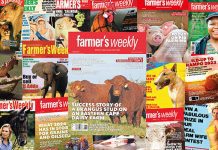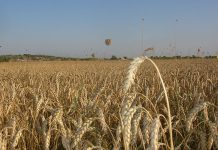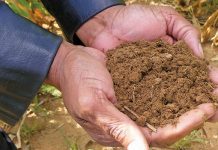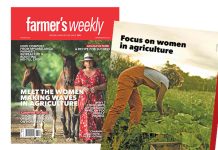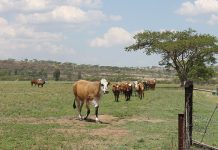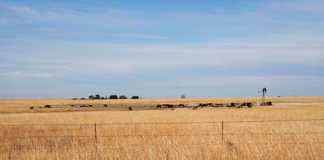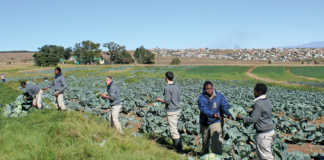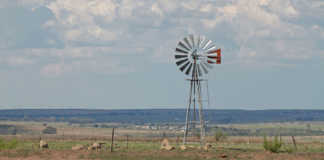A phrase often repeated by farmers I have interviewed is ‘Om te meet is om te weet’ (‘To measure is to know’) this reiterates the effect of the Information vacuum in the farming sector.
READ: Time to move up the value chain
This adage, it seems, is missing from South Africa’s policy (and practical) approach to the development and support of small-scale black farmers.
A new study, conducted by the Institute for Poverty, Land and Agrarian Studies (PLAAS) in collaboration with the Southern Africa Food Lab, examined the role of the private sector in supporting small-scale black farmers to participate in agricultural value chains.
The most significant obstacle encountered by the research team was “the lack of reliable, official information about the extent and profile of black farming in South Africa”.
The researchers write that this “ information vacuum ” is “a source of great concern [as] the government, despite its political commitment to smallholder agriculture, lacks reliable data on how many ‘smallholders’ exist at present, where they are farming, what types of production they are engaged in, their productivity, and which markets they supply”.
Furthermore, the research paper says that no sector-wide data on development programmes involving small-scale black farmers exists.
Neither the national nor provincial departments of agriculture gather information about the profiles of small-scale black farmers who receive extension services. Similarly, the land reform department does not appear to have reliable data on small-scale farmers.
The researchers also suggest that, because there is such a comprehensive lack of knowledge, private sector support programmes are often built on equally shaky foundations.
These, the research says, “are often based on problematic assumptions and normative ideas about what constitutes desirable agricultural development, most of them deeply (if not consciously) informed by the experience of fostering a successful large-farm sector in South Africa in the past”.
A predictable conclusion of the study is that the problems experienced by many small-scale black farmers in South Africa in their efforts to enter the competitive world of formal value chains can only be addressed through a “fundamental re-think” of how best to support these farmers.
Before government, or any public sector organisation, launches another support programme for small-scale black farmers, it needs to engage in a systematic effort to collect and analyse reliable and detailed data on small-scale agriculture in South Africa.
Without such data, as the researchers from PLAAS and the SA Food Lab say, “policy-making is shooting in the dark and evaluation of impact is impossible”.

